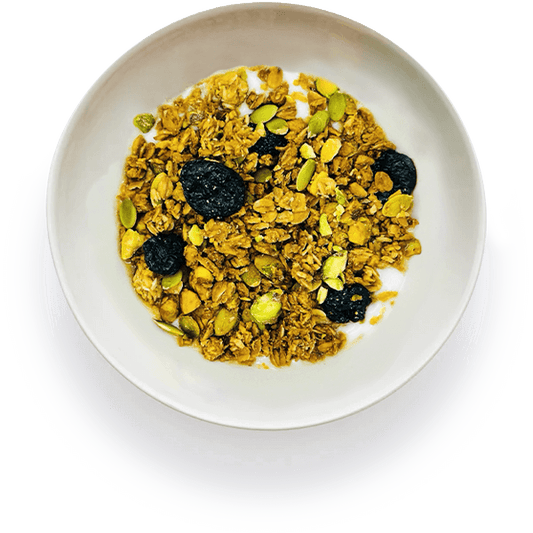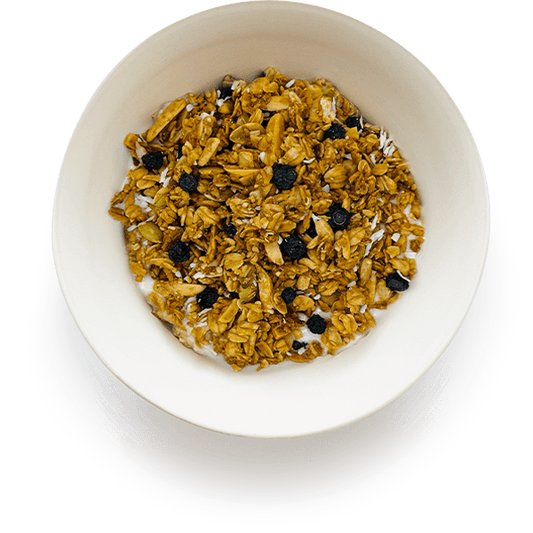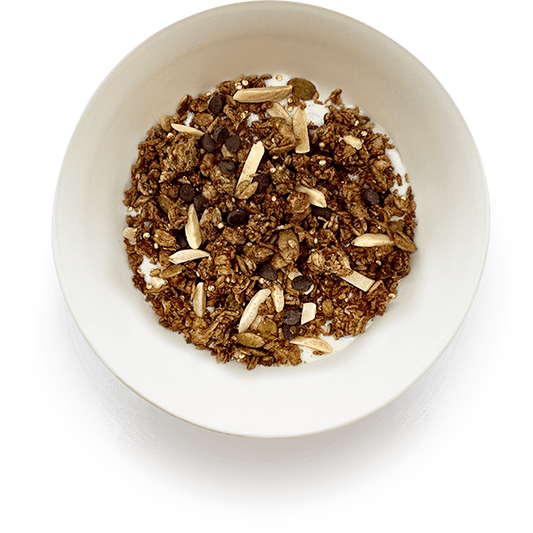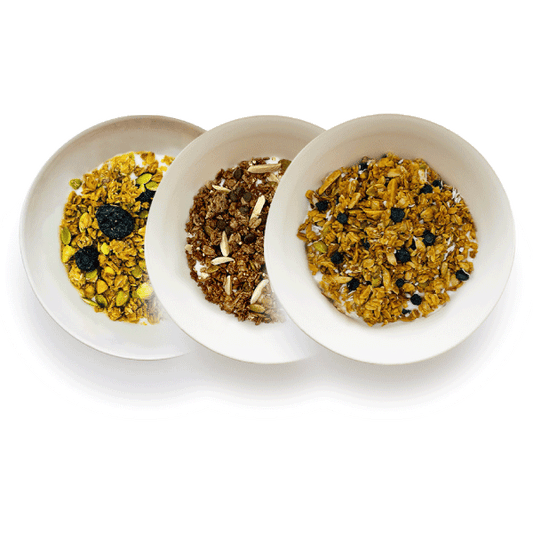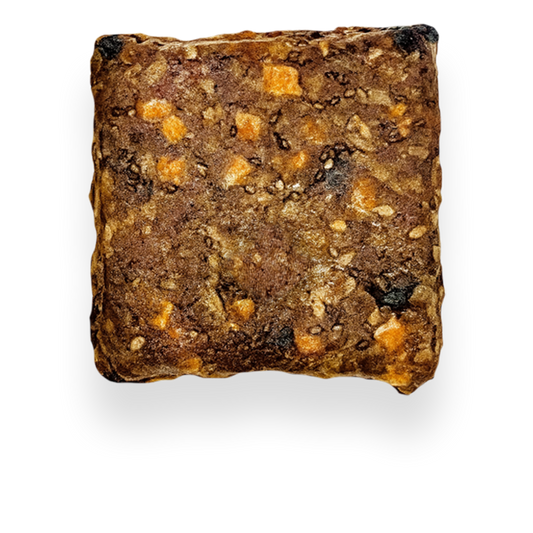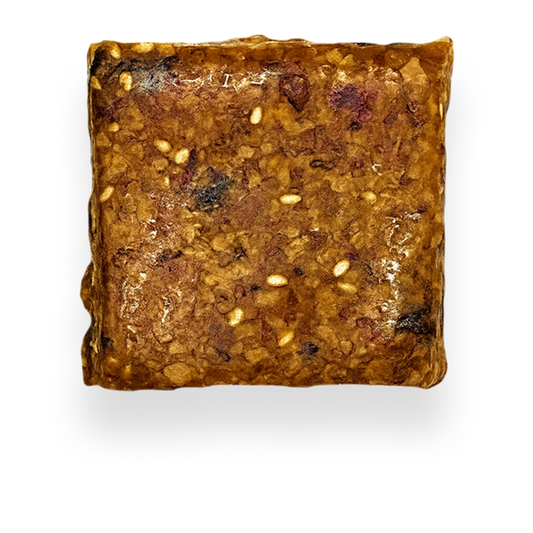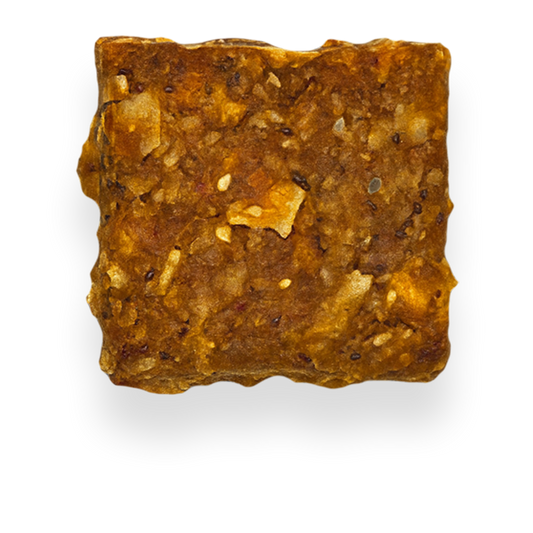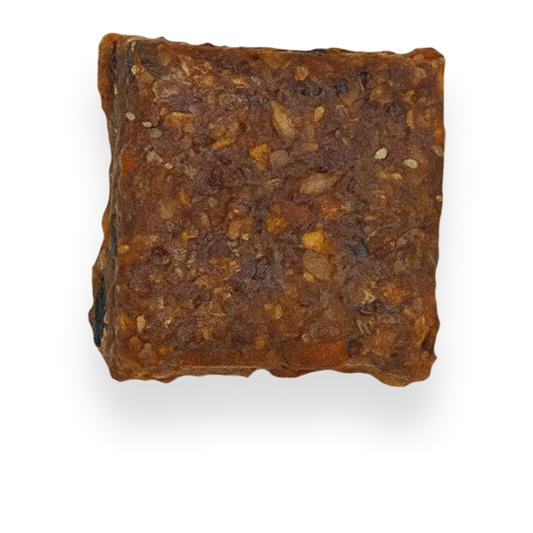Veganism vs. Plant-Based Diets: Understanding the Differences
By FireRoad
Overview
Veganism and plant-based diets are growing in popularity, each with distinct motivations and nutritional focuses. Veganism is a lifestyle that avoids all animal products for ethical reasons, while plant-based diets prioritize whole plant foods but may include small amounts of animal products. Both diets can offer health benefits like improved heart health and weight management, but careful planning is necessary to avoid nutritional shortfalls. Transitioning to either diet can be eased by starting slowly, exploring new recipes, and joining supportive communities.
In recent years, the conversations around diet and health have evolved dramatically. With increasing awareness of nutrition and the environmental impacts of food choices, many individuals are turning towards alternative dietary lifestyles. Among these, veganism and plant-based diets have gained significant popularity. While they may seem similar, they have crucial differences that can influence a person’s health and nutrition. This article explores the nuances between veganism and plant-based diets, focusing on high-protein meals, fitness, flavor, and overall health.
Defining Veganism and Plant-Based Diets
To fully understand the differences between veganism and plant-based diets, it’s essential to define each term clearly.
What is Veganism?
Veganism is not just a dietary choice; it’s a lifestyle that seeks to eliminate all forms of animal exploitation. This means that vegans abstain from consuming meat, dairy, eggs, and sometimes honey. Moreover, veganism often extends beyond food to include avoiding non-food products made from animals, like leather, silk, and certain cosmetics.
What is a Plant-Based Diet?
A plant-based diet primarily focuses on consuming whole, unprocessed plant foods. This includes fruits, vegetables, legumes, grains, nuts, and seeds. Although a plant-based diet emphasizes plant foods, it doesn’t necessarily exclude all animal products. The distinction here is that those following a plant-based diet may choose to consume small amounts of dairy, eggs, or meat occasionally while primarily prioritizing plant foods.
Key Differences Between Veganism and Plant-Based Diets
The differences between veganism and plant-based diets become more apparent when considering motivations, nutritional focus, and lifestyle implications.
Motivations Behind Choices
For many, veganism stems from ethical motivations regarding animal rights and welfare. These individuals are often passionate about not contributing to the exploitation and suffering of animals. In contrast, those who adopt a plant-based diet may be driven by health concerns, environmental benefits, or a desire to boost their nutrition without necessarily adhering to the strict morals associated with veganism.
Nutritional Focus
When considering nutrients, both diets can offer substantial health benefits, but they require different levels of attention to ensure they meet dietary needs. Vegans must be careful to obtain essential nutrients commonly found in animal products, such as vitamin B12, iron, and omega-3 fatty acids. A well-planned vegan diet can indeed provide all necessary nutrients, especially when high-protein meals are incorporated using legumes, seeds, and nuts.
Meanwhile, individuals following a plant-based diet have the flexibility of including small amounts of animal products, which can help them achieve a complete nutritional profile with less effort. For those focused on fitness, this means the potential to create balanced meals that are rich in flavor and nutrients while still maintaining a largely plant-based lifestyle.
High-Protein Meals: A Common Interest
Whether an individual identifies as vegan or follows a plant-based diet, protein remains a vital nutrient for maintaining muscle mass, supporting metabolic functions, and crafting high-protein meals. Although there is a common misconception that plant-based diets do not provide sufficient protein, they can deliver on this front with creativity.
Plant-Based Protein Sources
There are numerous plant-based sources of protein suitable for both vegetarians and vegans. Here are some excellent options:
- Legumes: Beans, lentils, and chickpeas are fantastic sources of protein and can be added to salads, soups, and various dishes.
- Quinoa: This whole grain is not only a complete protein but also offers essential amino acids, making it an ideal base for many meals.
- Nuts and Seeds: Almonds, chia seeds, and hemp seeds can enhance the protein content of smoothies or salads.
- Tofu and Tempeh: Both are versatile soy products highly regarded for their protein content and ability to absorb flavors from other ingredients.
- Plant-Based Protein Powders: These powders can help in achieving daily protein goals, especially for those engaged in fitness routines.
Crafting Flavorful High-Protein Meals
One of the common concerns regarding vegan and plant-based diets is the flavor. Traditional perceptions may associate plant-based meals with blandness. However, with an array of spices, herbs, and cooking techniques, it’s possible to create dishes that are rich in flavor.
Here are some tips for crafting delicious high-protein meals:
- Experiment with Spices: Incorporate spices like cumin, turmeric, or smoked paprika to elevate the flavors of your dishes.
- Use Fresh Herbs: Fresh herbs such as basil, cilantro, and parsley can add a vibrant taste to salads and main courses.
- Incorporate Sauces: Create homemade dressings and sauces with ingredients like tahini, soy sauce, or nutritional yeast for a flavor boost.
- Test Different Cooking Methods: Roasting vegetables or grilling tofu can enhance their flavor and texture.
Health Benefits of Veganism and Plant-Based Diets
A well-structured vegan or plant-based diet can lead to numerous health benefits. These range from improved heart health to increased energy levels. Below are some well-documented advantages of these dietary approaches:
Heart Health
Studies indicate that plant-based diets can lower cholesterol levels and blood pressure, significantly reducing the risk of heart disease. A focus on whole foods such as fruits, vegetables, whole grains, and nuts contributes to improved cardiovascular health and effective weight management.
Weight Management
Many individuals experience weight loss or weight maintenance when shifting towards a vegan or plant-based diet. Higher fiber intake leads to increased satiety, potentially contributing to reduced calorie consumption. This dietary change, coupled with fitness routines, encourages a healthier overall lifestyle.
Improved Digestion
High-fiber foods are staples in vegan and plant-based diets. This fiber aids digestion and supports gut health, potentially alleviating issues such as bloating and constipation.
Boosted Energy Levels
The incorporation of nutrient-dense foods can also lead to increased energy levels. Fresh fruits, whole grains, and lean proteins provide the necessary fuel for an active lifestyle, particularly if you are engaged in fitness activities.
Potential Nutritional Shortfalls
While vegan and plant-based diets can be incredibly beneficial, there are also potential nutritional shortfalls that followers must be mindful of. It’s critical to ensure adequate nutrient intake through careful meal planning.
Essential Nutrients to Monitor
Vegans and those on a strict plant-based diet should pay particular attention to the following nutrients:
- Vitamin B12: Primarily found in animal products, vegans must consider fortified foods or supplements.
- Iron: Plant sources of iron (non-heme iron) may not be as effectively absorbed. Pairing them with vitamin C-rich foods can enhance absorption.
- Calcium: Important for bone health, plant-based calcium sources include fortified plant milks, leafy greens, and figs.
- Omega-3 Fatty Acids: Consider sources like flaxseeds, chia seeds, and hemp seeds to ensure adequate intake.
Making the Shift: Tips for Transitioning
Making the choice to transition into veganism or adopt a plant-based diet may seem daunting at first. However, with a strategic approach, the change can be quite seamless and rewarding.
Start Slowly
Instead of a rapid overhaul of your eating habits, consider starting gradually. Begin by introducing more plant-based meals into your week. Aim for a few meatless days, then gradually increase from there.
Explore New Recipes
Use the change as a chance to try new cuisines and recipes. With the internet brimming with resources, discovering exciting plant-based recipes for high-protein meals can broaden your palate and enhance your cooking skills.
Join a Community
Consider joining local or online communities of like-minded individuals. Engaging with others can provide support, share recipes, and motivate you to stay committed to your goals.
Educate Yourself
Learn about the benefits of plant-based nutrition. Understanding the health impacts can solidify your motivation and make the journey more gratifying.
Final Thoughts on Your Plant-Based Journey
Ultimately, the journey of exploring veganism versus plant-based diets is about finding what works best for you. Whether you’re interested in high-protein meals, enhancing your fitness, or simply expanding your food horizons, embracing more plant-based options can bring a multitude of health and environmental benefits. With the right strategies, you can create flavorful and nutrient-rich meals that will not only satisfy your taste buds but also nourish your body. So, dive into this vibrant world of plant-based living and discover new flavors today!
Linked Product

Coconut Red Curry Tofu
The Coconut Red Curry Tofu offers a nutritious plant-based meal option, featuring a blend of coconut milk, peanut butter, and vegetables. With 44g of protein per container and a macro-balanced profile, it serves as a satisfying choice for those seeking high-performance fuel. This dish is free from grains, dairy, cholesterol, and GMOs, making it suitable for a variety of dietary preferences.
View Product


